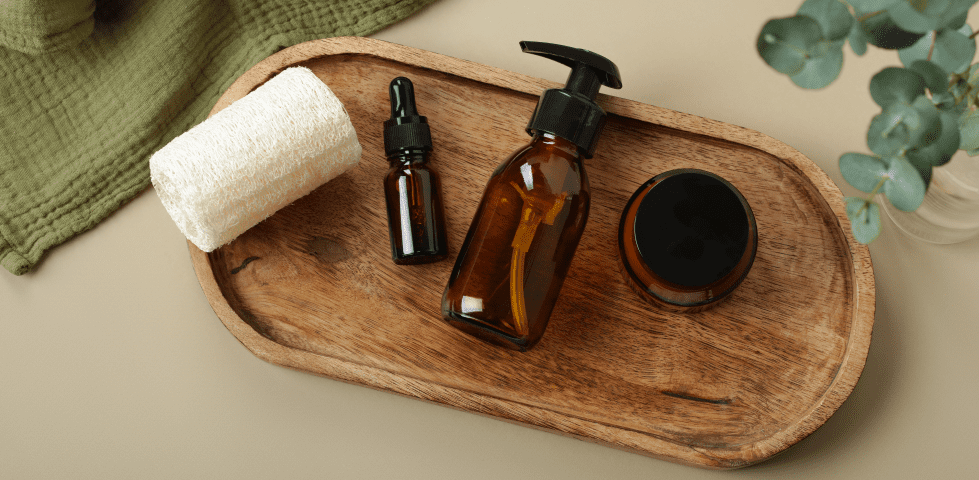
Vitamin E – antioxidants for your skin
Vitamin E is not only a great dietary supplement, but also has superpowers in cosmetics: its anti-oxidative effect helps to your protect skin cells from free radicals. Free radicals cause oxidative stress and are responsible for numerous skin problems. With vitamin E, you have a strong ally at your side who will rush to your aid and fight for your radiant complexion.
27 June 2024 • 3 min. reading time
Table of contents
Hautpflege mit Vitamin E
What is vitamin E?
Vitamin E is not just a vitamin, but a group of vitamins. The star of this vitamin E family is alpha-tocopherol. It has been the best researched vitamin to date and its positive effect on the skin has been proven by numerous studies. It is only produced by plants; animals can only store it. Tocopherol is found in many high-fat seeds and nuts and the oils obtained from them, as well as in leafy vegetables. Theoretically, you can also consume it through food.
However, vitamin E is most effective for the skin when it is also used externally. As a fat-soluble vitamin, it can easily cross the natural skin barrier and is therefore an ideal candidate for daily skincare.
Did you know that tocopherol is already a natural component of your skin cells? In fact, it is the most abundant vitamin. This also results in vitamin E being very well tolerated – your body already knows it as a helpful companion and is happy to receive the additional support. If sun exposure, environmental pollution or your own metabolism lead to the increased formation of free radicals, that is when vitamin E really comes into its own in skincare. It can prevent damage to fatty acids and lipoproteins and thus protect the cell from premature death. However, our body cannot produce vitamin E itself. It therefore relies on you to provide it either through food or skincare.
Vitamin E benefits for skin: a source of many compliments
Vitamin E can be easily integrated into your skincare routine. Applied in the morning and evening, tocopherol has many positive effects – and is therefore a sure source compliments:
- The tough outer layer of the skin is optimally moisturised by vitamin E and can then also retain it better. This can soften fine lines and give the complexion an overall smoother appearance.
- Tocopherol can boost the skin’s own collagen production, which leads to more elasticity.
- Vitamin E increases the general resistance of your skin cells by regenerating damage to the skin barrier.
- Wounds can close better and scarring can be reduced.
- Vitamin E is said to have an anti-inflammatory effect, which can also help with blemished skin.
- Alpha-tocopherol is known for its photo-protective properties. UV-induced damage can be reduced, which has a positive effect on skin ageing and prevents pigmentation spots.
Almost every skin type benefits from the antioxidant effect of vitamin E. Convinced? Then get tocopherol as a serum or cream for your home. Read here what you need to consider when integrating it into your skincare routine.
Vitamin E for skin: What you should bear in mind
There are two important aspects when choosing the right product:
- The concentration of the ingredient
- The vitamin E used: Is it pure tocopherol or one of the numerous vitamin E derivatives? A look at the INCI table of the respective product will help.
Pure tocopherol is labelled as such. It has the highest nourishing potential. However, so-called derivatives are often used in creams, lotions and serums. This involves chemically modifying the power molecule. The reason for these vitamin E variants? They are more stable and therefore extend the shelf life of the skincare products that contain them. However, before it can develop its effect in the skin, it must be converted into pure tocopherol. This is why derivatives are often considered to be less potent as ingredients. You can recognise them by the name tocopheryl plus an addition such as:
- Acetate
- Linoleate
- Oleate
- Palmate
- Stearate
Pure alpha-tocopherol achieves a good antioxidant effect at a concentration of between 0.5% and 2%. Derivatives, on the other hand, require higher dosages of up to 25% due to their chemical nature.
Integrating vitamin E into skincare
Whether as a peel, serum or cleanser: vitamin E can in general enrich every type of skincare product. It is therefore primarily up to your personal preference as to where you wish to integrate this power molecule. Another benefit of tocopherol: It is very easy to combine with other active ingredients.
- Vitamin C can further improve the effect of vitamin E. Always make sure you use sufficient sun protection – despite the photo-protective effect!
- Retinol also works well in conjunction with vitamin E. The combination results in effective synergies that can come into their own in the anti-ageing area in particular.
- As vitamin E can increase moisture retention in the tough out layer of skin, hyaluronic acid is also a welcome addition.
But even a power molecule like tocopherol has a weak point: it is sensitive to light. Therefore, both the packaging and the storage of the product play a role in vitamin E benefits for skin. Dark, airtight packaging is ideal, plus you should keep your vitamin E skincare product in a dark corner of the bathroom cabinet.
Is vitamin E good for wrinkles?
Does vitamin E for skin have side effects?
What are tocotrienols?
Takeaway
Vitamin E is versatile and can be a real game changer for your skin. It is also highly compatible with sensitive skin, works in a variety of ways and can be combined with other actives. Whether as an anti-ageing ingredient or for an even complexion, vitamin E supports your skin in a variety of ways.



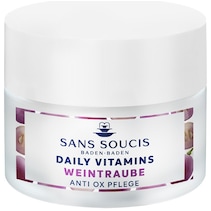

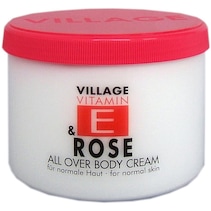
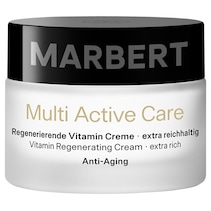
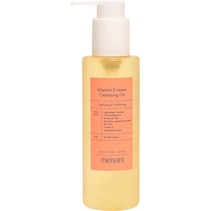
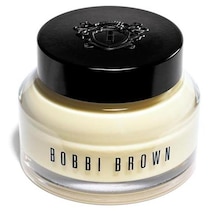


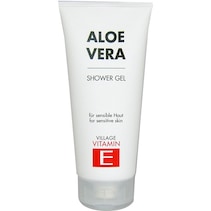
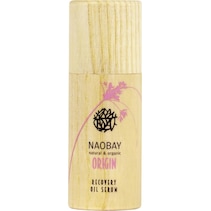
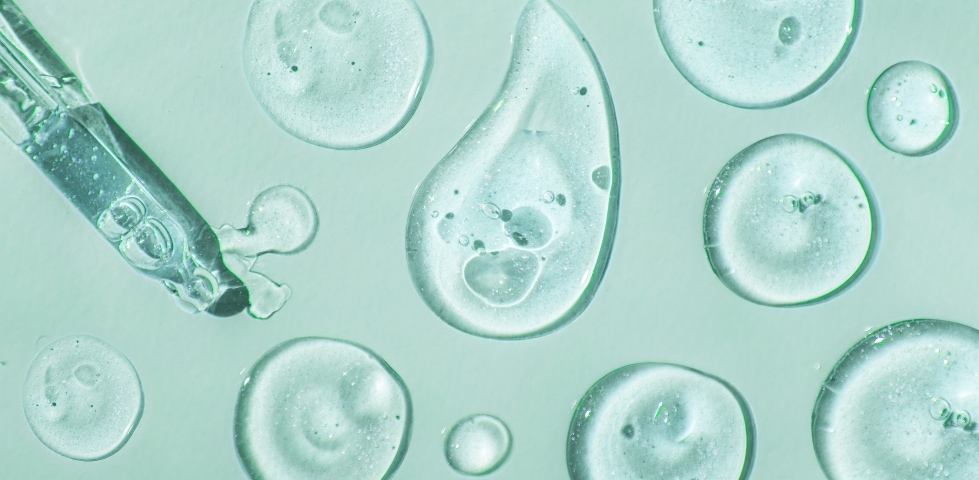








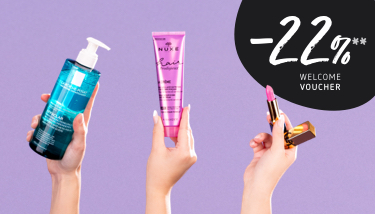








 Certified security
Certified security








